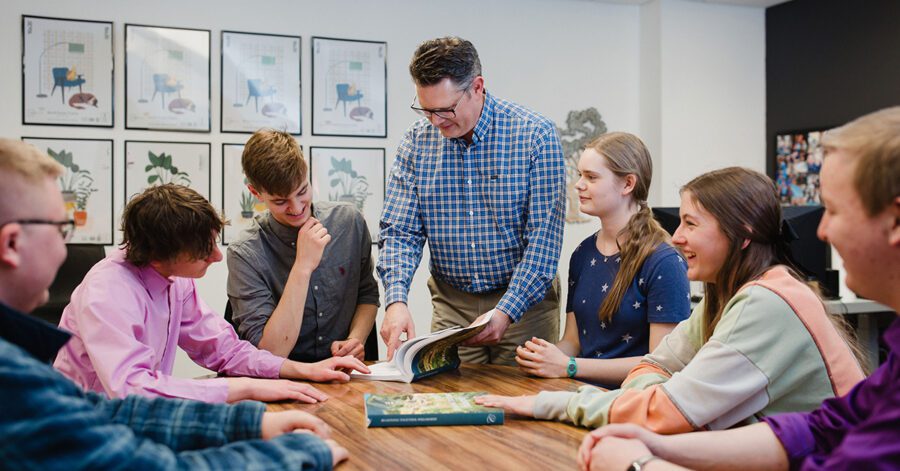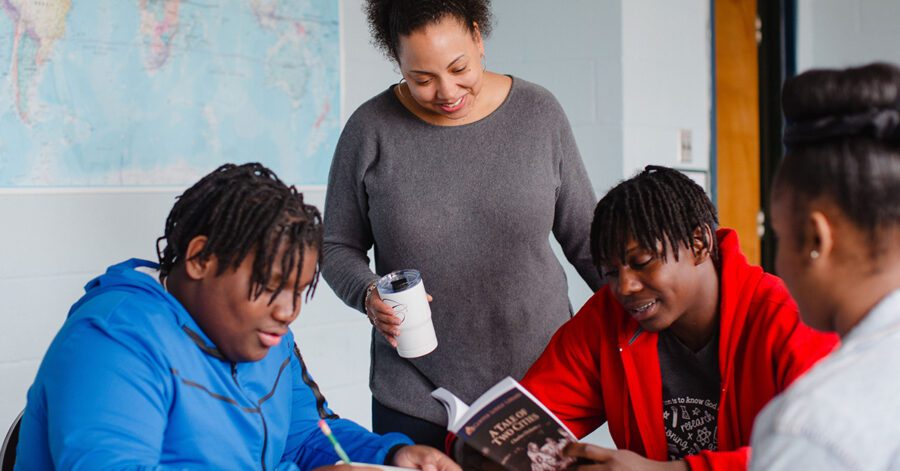If a picture paints a thousand words of an idea, then what does witnessing an idea, personally participating in an idea, and talking about an idea provide? It certainly does more than paint words. It creates a multidimensional, multisensory experience leading to dialectic processing.
This summer we have the opportunity to witness, participate in, and discuss ideas of math. We are being encouraged to become intentionally dialectic in our math practices. The dialectic emphasis of the Trivium helps the individual to question, clarify, reason, and then, ultimately, understand ideas.
I attended the summer Parent Practicum Returning to Roots and Reason. My time invested reaped encouragement and understanding. I think that anyone who wants to grow dialectically and lead with confidence in modeling or teaching math will benefit greatly from the ideas of the Practicum. Anyone will grow dialectically by witnessing math ideas, by practicing and reasoning math ideas, and by discussing math ideas with others.
First, at the Practicum we had the opportunity to witness math ideas, concepts, and universals by investigating numbers, math operations, and math laws. Video segments and a presentation provided good exposure to math. The speaker also showed and relayed information about the Trivium. Witnessing distinct ideas helps to clarify in the dialectic process.
Next, with good examples and ideas to give context, we started to practice these ideas with purposeful guidance. Then we tried several practices ourselves and reasoned through the problems by comparing them to crafted examples in our booklets and on the screen. We gradually increased the complexity in our practice as the Practicum progressed each day by working with numbers, then operations, and, finally, with math laws. The guided practice and general solving of the math ideas and problems helps to reason in the dialectic process.
We discussed math ideas with our fellow students at the Practicum, almost hand in hand with the practicing. We talked about our solving the problems, we shared calculators when necessary, and we gave reasons for our answers and how we derived them. Discussing the math ideas with others helps us to understand; this is what the dialectic process is all about.
The Practicum ideas help with dialectic growth in math. By witnessing math ideas, by practicing and reasoning math ideas, and by discussing math ideas with others, anyone can grow in confidence with encouragement. With this encouragement we can make direct applications. We can leave behind the burden of math lecturing, the burden of assuming expert status that we may not feel comfortable with, and, finally, we may be free to enjoy the curiosity of math and problem solving in an unbridled atmosphere.
_____________________________________________________________________________________
Haven’t attended a Practicum yet? It is not too late. Get details at the home page.




